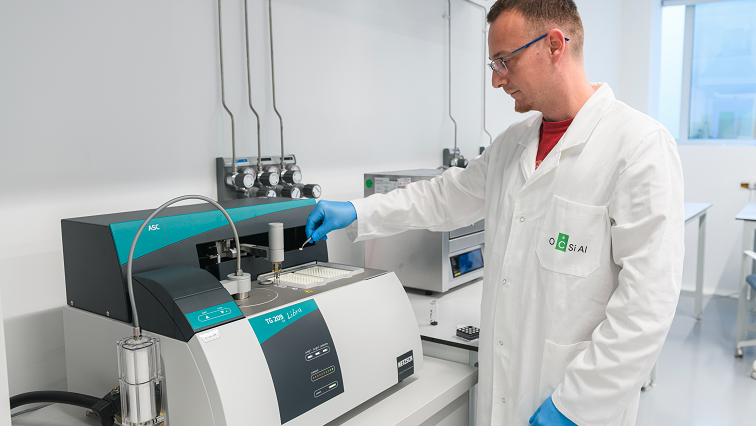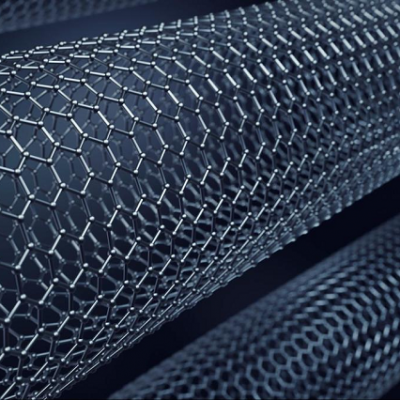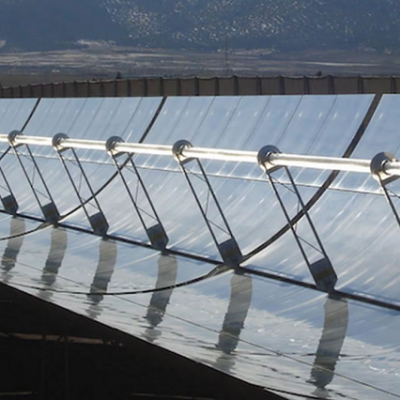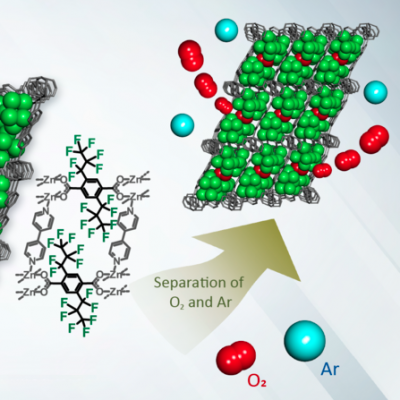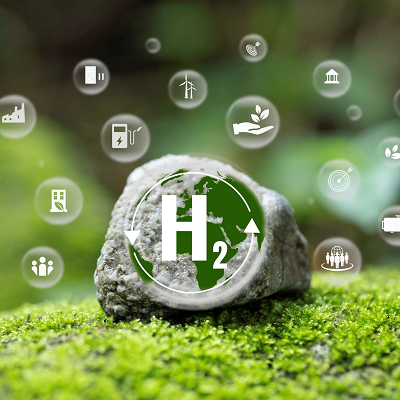OCSiAl, the Luxembourg company and the global leader in graphene nanotube technologies, has opened its first European production facility in Serbia. The new facility is dedicated to producing TUBALL™ nanotubes and nanotube-based products. Leading automotive and battery manufacturers attended the ceremony, confirming the critical role graphene nanotubes play in advancing next-generation battery technologies.
“This facility’s strategic location in Serbia will enhance the supply of advanced nanotube solutions across Europe, Asia, and the US,” said Konstantin Notman, CEO of OCSiAl Group. “It will initially produce 60 tonnes of graphene nanotubes per year; we plan to double this output with a second synthesis unit in the coming year.”
The Serbia facility employs a modular design that enables rapid scalability, allowing OCSiAl to set up and launch new synthesis units within two years at any location. This cutting-edge technology, protected by patents in 46 countries, was born out of over 15 years of research and development. The 10,000-square-meter, ISO 9001-certified facility includes a graphene nanotube synthesis unit, production lines for dispersions and concentrates, an R&D hub, and quality control labs. The plant has passed rigorous audits from top car battery manufacturers.
“Our nanotube dispersion line alone can enhance up to 65 GWh of lithium-ion battery capacity, sufficient for more than 1 million EVs with typical 65 kWh battery packs,” said Andrej Seniut, Head of OCSiAl Energy Projects. “Our largest customers include manufacturers of advanced cells with silicon-rich anodes, fast-charging graphite, ultra-thick cathodes, and semi-solid batteries. Graphene nanotubes are the only market solution that can create an ultra-conductive, resilient network within the electrode, enhancing battery cycle life, energy density, and safety.”
The ceremony was attended by the Luxembourg Ambassador to Serbia, Marc Hübsch, and the Prime Minister of Serbia. “We are witnessing a historic moment as we take a new step in the relationship between Luxembourg and Serbia. This is the largest investment by a Luxembourgish company in Serbia to date, and I hope it will inspire many more investments from Luxembourg. This strategic investment will significantly strengthen the automotive cluster in Serbia and across Europe. I am thrilled to join OCSiAl on this exciting journey!” said Ambassador Hübsch.
In line with OCSiAl’s sustainability goals, the new facility operates entirely on hydroelectric power. Graphene nanotubes contribute directly to a Net Zero future by reinforcing materials to extend product life and by enhancing energy efficiency. In electric vehicles alone, nanotubes in batteries and tires can cut total life-cycle CO2 emissions by up to 8%.
Read the original article on OCSiAl.

